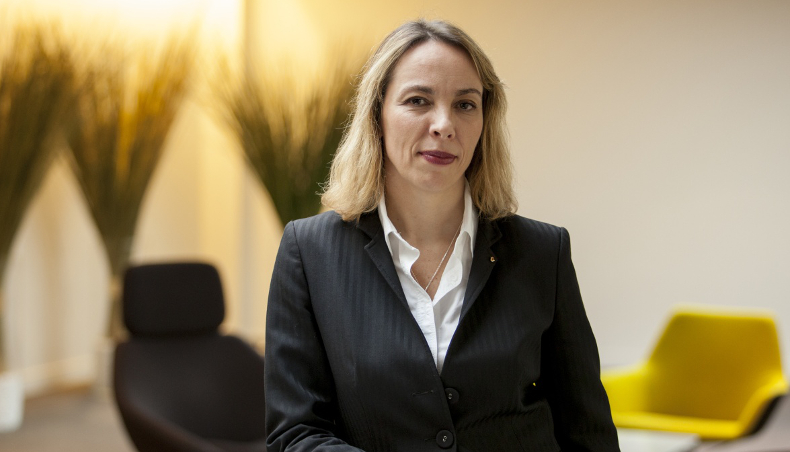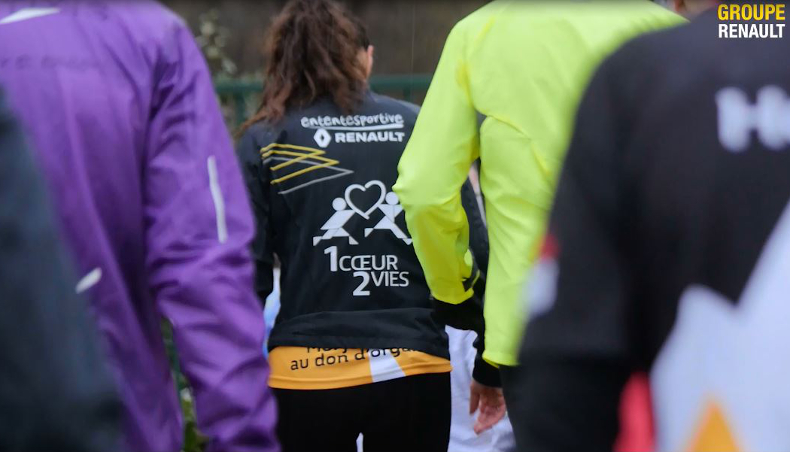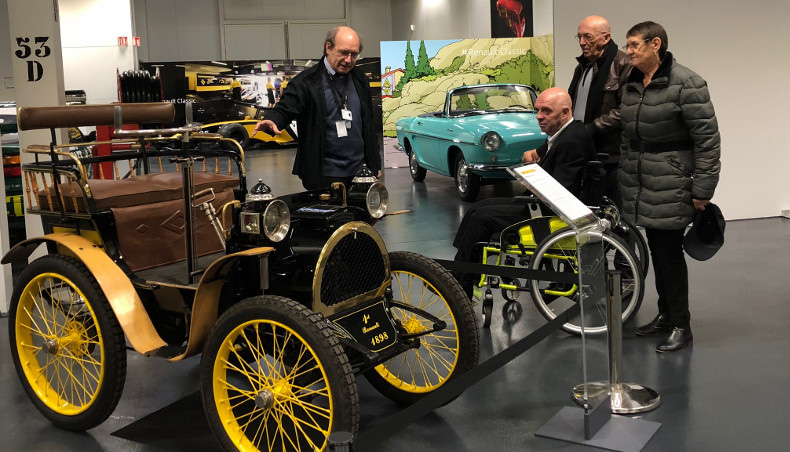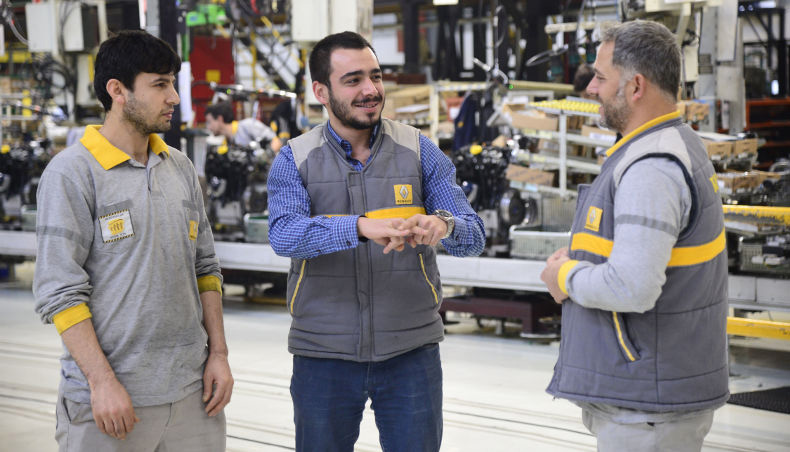

1/ In line with the half-year results, these annual figures are again all about performance: record growth in revenue and operating profit in excess of 6%.
Can you tell us more about the factors behind this success?
These good results are explained firstly by high growth in volumes that concerns all regions.
Our business outside of Europe continued to drive our growth with an annual increase in registrations of 15.3%.
Every region outside of Europe posted stable or positive results in terms of registrations. The two main drivers were the AMI region (Africa-Middle East-India), thanks in particular to the success of the Kwid, and the Asia-Pacific region, boosted by launches of vehicles in China and good performance from SM6 and QM6 in Korea.
Despite a heavy fall in some markets, particularly Russia and Brazil, sales in the Americas and Eurasia rose thanks to an improvement in market share.
In Europe, Renault is now the second brand with registrations up by 12.1%. This growth is fueled by the successful renewal of our range, now the youngest in the market.
Additionally, our sales to partners have also made a contribution to growth in revenue.
In terms of profitability, the continued reduction in costs and raw materials have also continued to provide a positive impact on our margin.
This year again, RCI Banque has made a positive contribution to improving the Group's margin thanks to the bank's sales dynamic and control over the cost of risk.
The major difficulty has proven to be currencies, which have had a very negative impact, notably after the devaluation of the Argentinean peso and the British pound.
The goals of the Drive the Change plan, launched in 2011, have been exceeded a year in advance in terms of both growth and profits.
2/ What is your objective and what trends do you anticipate for 2017?
We are looking forward to 2017 with confidence, despite the expected slow-down in growth across the European market. Internationally, the Brazilian and Russian markets should be steady while the growth dynamic in China and India continues unabated.
In Europe, the Group should continue to take full advantage of its renewed product range. Internationally, product headlines will be particularly exciting in Latin America with the launch of 3 cross-over models (Kwid, Captur and Koleos) and the 1-tonne Alaskan pickup.
Financially speaking we are anticipating a new year of growth in revenue (at constant exchange rates). The Group's operating margin in euros, after taking the consolidation of AVTOVAZ into account, should also grow. The impact of currencies should be less negative this year, contrary to raw materials whose prices have risen sharply in recent months.
3/ You mentioned sales to partners and cross-manufacturing as making a significant contribution to revenue... Can you elaborate?
Sales to partners are based on the principle of shared investments. Sharing these expenses helps to bring down the entry-ticket cost.
Additionally, by adding volumes from partners, we can optimize the utilization of industrial facilities and benefit from more substantial economies of scale.
This means achieving gains in competitiveness and a reduction in risks.
The commercial agreements we sign with partners are steered by a quest for synergies and business performance.
In 2016 for example we produced 164,000 vehicles for Nissan and 75,000 for Daimler. "CKD" sales (Complete Knock Down or batches of parts for assembly) to our partners in Iran and China have also provided significant input to this momentum.
In 2017, this activity should continue to grow with the start-up of production on the Nissan Micra at our plant in Flins.
For the years ahead, new opportunities are being examined with, in particular, Mitsubishi Motors joining the Alliance and the next steps of our partnership with Daimler.





